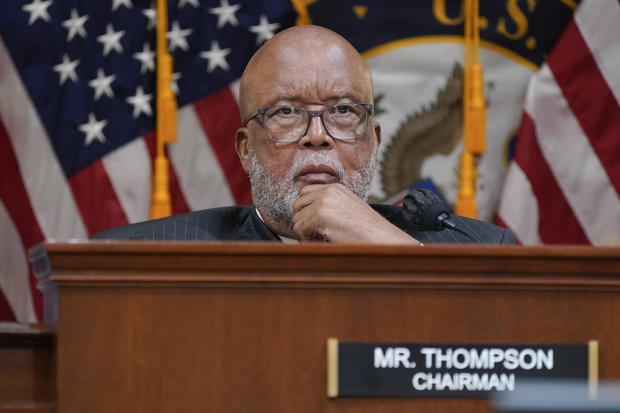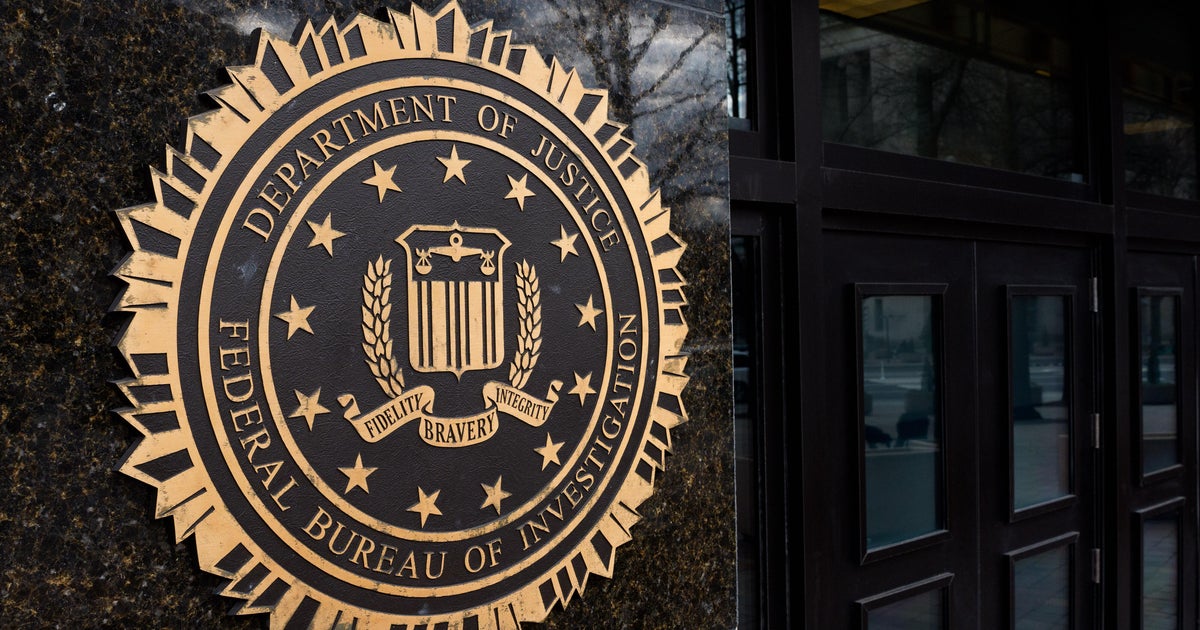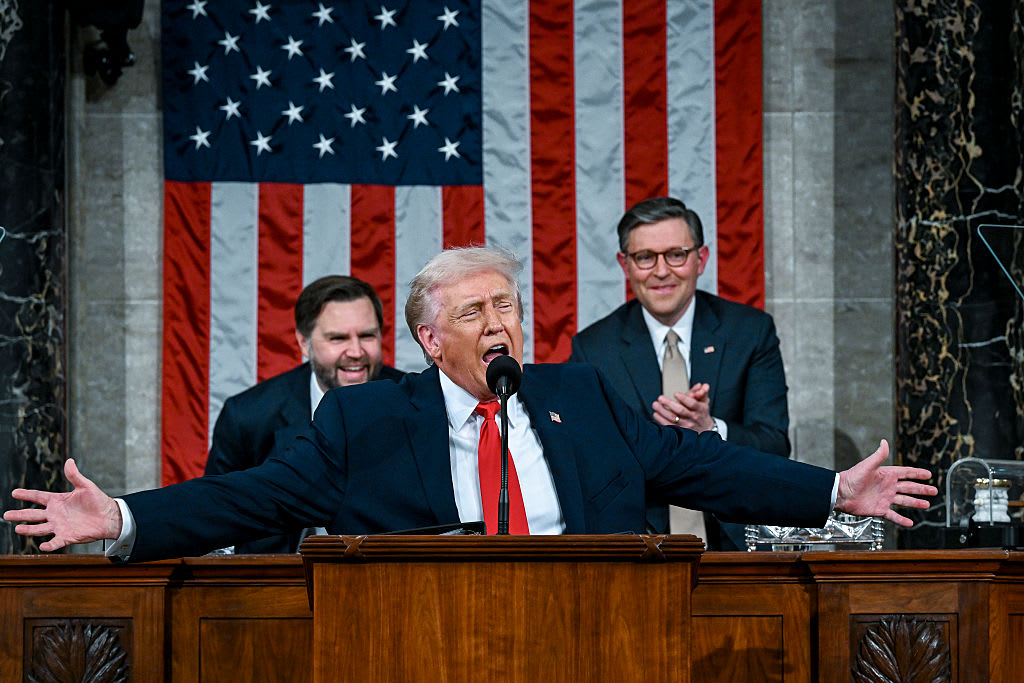House Jan. 6 committee is having conversations with Justice Department
The House select committee investigating the Jan. 6 attack on the U.S. Capitol has been having conversations with the Justice Department about the phony elector scheme put forward by former President Donald Trump's allies, committee chair Rep. Bennie Thompson said Wednesday.
Thompson confirmed a day earlier the committee had been having discussions with the Justice Department. He clarified on Wednesday that those conversations are about a scheme allegedly cooked up by Trump's allies to put forward alternate electors supporting him in seven battleground states that President Joe Biden won.
"The only issue that we've engaged them on is the list of the fraudulent electors that were submitted," Thompson told reporters. "That's the first tranche that we've been talking to them about."
Thompson said Tuesday night that the committee had shared with the Justice Department information "about who we interviewed and what kind of thing pursuant to what they requested."
He said the Justice Department had only requested to come look at transcripts, not for transcripts themselves.
In the June 21 public hearing, committee member Rep. Adam Schiff said those fake electors ultimately met on Dec. 14, 2020, in Arizona, Georgia, Michigan, Pennsylvania, New Mexico, Nevada and Wisconsin, signing documents claiming they were duly elected electors from their state.
The committee said that GOP Sen. Ron Johnson of Wisconsin wanted to hand deliver alternate, fraudulent electors to Vice President Mike Pence ahead of the joint session of Congress, according to texts the committee provided.
The text message records revealed by the committee show top Johnson aide Sean Riley asked Pence aide Chris Hodgson about the matter in the early afternoon of Jan. 6, 2021.
"Johnson needs to hand something to VPOTUS please advise," Riley texted.
"What is it?" Pence aide Hodgson responded.
"Alternate slate of electors from MI and WI because archivist didn't receive them," Johnson aide Riley said.
"Do not give that to him," Pence's aide responded.
Johnson denied that he contacted anyone about fake electors, telling CBS News "the answer is NO" when asked.
Arizona House Speaker Rusty Bowers, who testified before the committee on June 21, called the fake electors meeting a "tragic parody." After they met, he said his office received "in excess" of 20,000 emails and "tens of thousands" of voicemails and text messages, Bowers said.
"We were unable to work, at least communicate," he told the committee.
Bowers said that after the fake electors' meeting, protesters also descended upon his home, creating a "new pattern in our lives to worry about what will happen on Saturdays," as groups appeared outside his house and played video claiming he was a pedophile and a corrupt politician.
Protesters also left literature on his property and argued with and threatened, not only Bowers, but also his neighbors.
Bowers recalled seeing one man who wore three bars on his chest and was carrying a pistol.
"At the same time, on some of these, we had a daughter who was gravely ill, who was upset by what was happening outside, and my wife, that is a valiant person, very strong, quiet, very strong woman," he said, growing emotional. "So it was disturbing."
Bowers daughter died in January 2021.
The Jan. 6 committee has been holding public hearings this summer to reveal what they've learned so far in the nearly year-long investigation. Since the public hearings began last month, the committee has unveiled several bombshell revelations about Trump and his inner circle, including that some of the witnesses have been contacted by Trump allies, and even Trump himself.
While members of the committee had said at first that they would not be making criminal referrals to the Justice Department, Rep. Liz Cheney, the committee's Republican vice chair, said on July 4 that they could make a criminal referral on Trump.
"I think we may well as a committee have a view on that, and if you just think about it from the perspective of what kind of man knows that a mob is armed, and sends the mob to attack the Capitol, and further incites that mob when his own vice president is under threat, when the Congress is under threat, it's just — it's very chilling, and I think certainly we will, you know, continue to present to the American people what we found," Cheney said on ABC's "This Week."
The committee plans to issue a report in the fall about its findings. The committee does not have the power to charge anyone, but it can make referrals to the Justice Department.
Ellis Kim and Zak Hudak contributed to this report.




